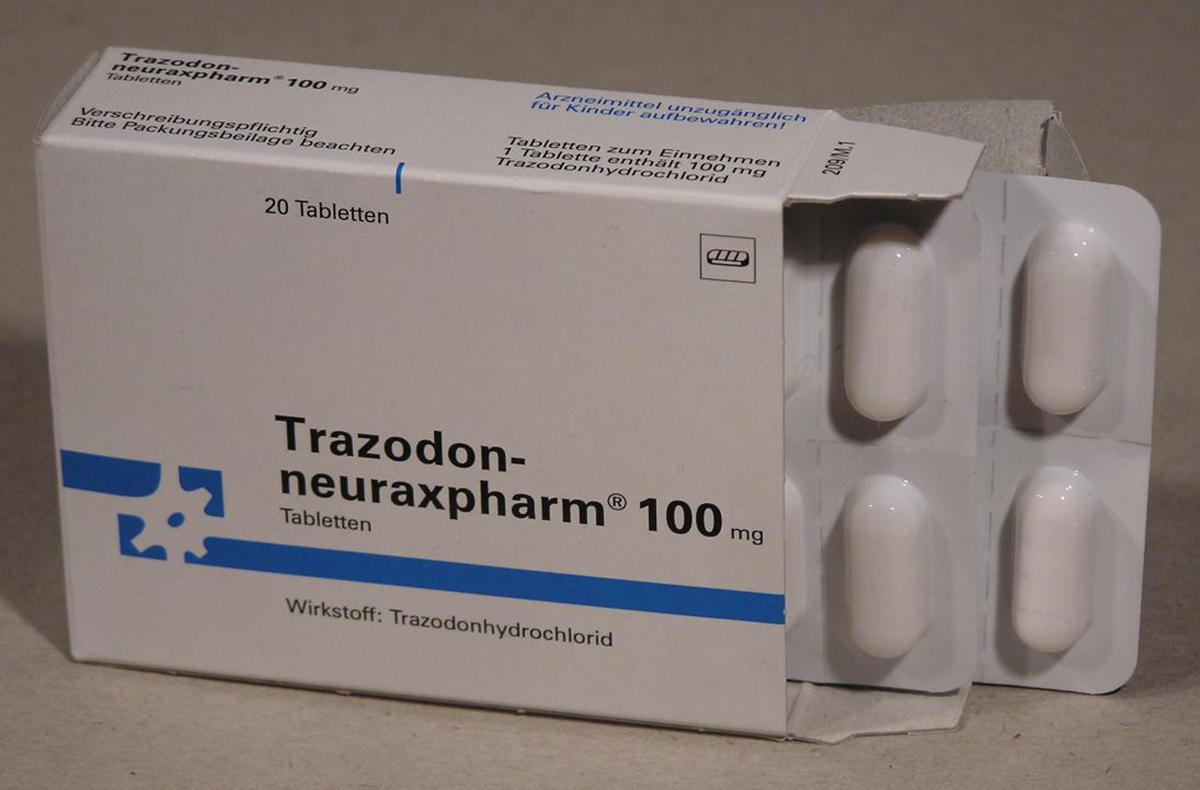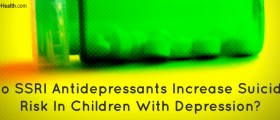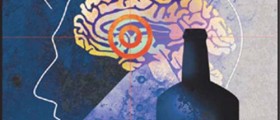
Unfortunately, depression is a very common condition. It affects every eighth person. However, many of us have experienced at least mild depression once in the life. Depression is medical illness and it involves the mind, as well as the body. This condition affects our feelings, thoughts and behavior. It can be very serious since it can lead to the occurrence of many physical and emotional problems. The people who are depressed usually feel that they are not worth living and have difficulty in performing everyday difficulties. Therefore, this condition should be treated. Many doctors prescribe various anti-depressants. One of these anti-depressants is the drug trazodone.
Apart for treating depression, trazodone is also used in the treatment of other related disorders, such as mood swings and anxiety, as well as schizophrenia, bipolar disorders and suicidal behavior. Furthermore, it is also very effective for sleeping disorders and insomnia.
Trazodone withdrawal
Almost every depression medicine has its adverse effects and overdose side effects, as well as withdrawal symptoms. Trazodone is a drug that should be used only when prescribed by a doctor and under the doctor's surveillance. When treating depression or any other related disorder, the doctors prescribe only small dosages of this medicine. The body must get used to the drug and the doctor can see how the person reacts to the medicine in the beginning. Afterwards, the dosage of trazodone is slightly increased in order to give relief to the patient. However, the patient can get addicted to trazodone. The addiction is one of the most serious consequences of the usage of this drug. And the patient can very quickly get addicted to this medicine. Once the treatment is over, this sudden discontinuation of the consummation of trazodone causes certain withdrawal symptoms.
Symptoms of trazodone withdrawal
The most common symptoms of trazodone withdrawal are headache, nausea, vomiting and dry mouth, as well as the feeling of illness and discomfort. Furthermore, when one suddenly stops to take trazodone, he/she may experience aggression, irritability and anxiety. Constipation, diarrhea, loss of appetite and pain in the chest are also some of the symptoms of trazodone withdrawal.
In some people, problems with eyes, such as blurred vision, and impaired speech can occur. Other symptoms of trazodone withdrawal include insomnia, loss of consciousness, frequent urination and chills. However, these symptoms are not present all at the same time. It can happen that only one symptom appears or that a combination of the symptoms occurs in a person when he/she ends the intake of trazodone.
















Your thoughts on this
Loading...